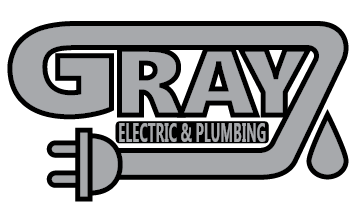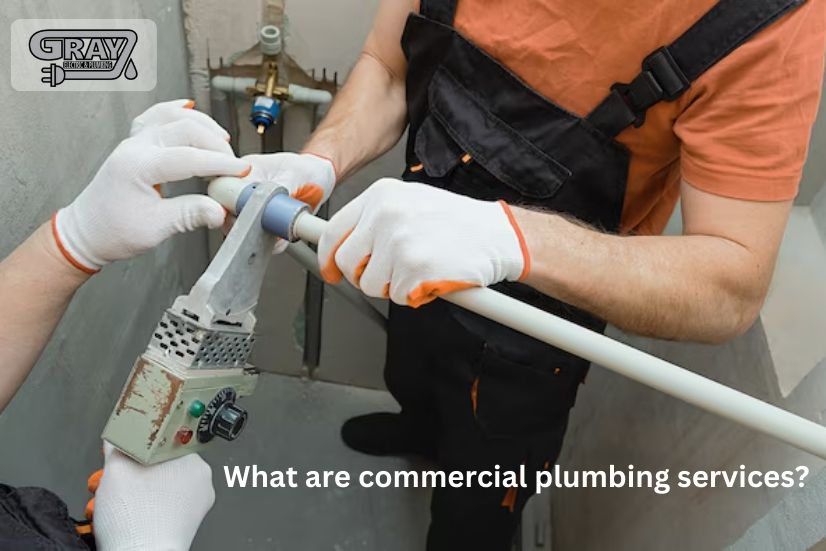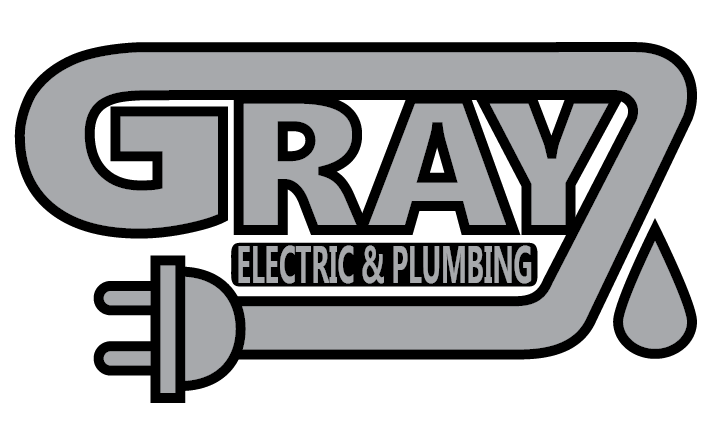Have you ever wondered who keeps the Water running in large buildings? Commercial plumbing services do just that! They handle everything related to water pipes, drains, and plumbing systems in schools, offices, and malls.
Plumbing in significant buildings is not the same as in homes. Commercial plumbing systems are much larger and more complex. They serve hundreds or even thousands of people daily. This is why professional plumbers are needed to install, fix, and maintain these systems.
Let’s dive into the details of commercial plumbing services and why they are essential.
Why Are Commercial Plumbing Services Important?
Clean Water and working plumbing are essential for any business. Imagine a restaurant without clean Water or a hospital with a broken drainage system. These problems can cause significant disruptions and health risks.
Commercial plumbers ensure Water flows properly, waste is removed safely, and everything stays in good working order. They also help prevent issues before they become serious problems, keeping businesses running smoothly.
Types of Commercial Plumbing Services
Commercial plumbing services include many different tasks. Here are some of the most common services offered by commercial plumbers:
1. Plumbing Installation
When a new building is being constructed, plumbers install pipes, faucets, sinks, and other plumbing fixtures. They also work with builders to design systems that meet the business’s needs.
2. Routine Maintenance
Regular maintenance prevents significant plumbing problems. Plumbers check for leaks, clean drains, and inspect pipes, helping businesses avoid costly repairs.
3. Drain and Sewer Services
Drains in large buildings can become clogged with dirt, grease, and other debris. Commercial plumbers use special tools like high-pressure water jets and cameras to clear blockages and keep drains flowing.
4. Emergency Plumbing Repairs
Plumbing emergencies can happen anytime. A broken pipe or a water leak can cause severe damage. Commercial plumbers offer 24/7 emergency services to fix problems quickly and prevent further damage.
5. Water Heater Services
Businesses like hotels and restaurants need large water heaters. Plumbers install, repair, and maintain these heaters to ensure a steady hot Water supply.
6. Backflow Prevention
Backflow happens when dirty Water flows back into clean water pipes. This can be dangerous. Commercial plumbers install and test backflow prevention devices to keep Water safe.
7. Gas Line Installation and Repair
Some businesses, like restaurants, use gas for cooking. Plumbers install and maintain gas lines to ensure they are safe and working correctly.
8. Pipe Replacement and Repairs
Over time, pipes can rust, crack, or leak. Plumbers replace old pipes and repair any damages to keep the plumbing system in good condition.
Differences Between Commercial and Residential Plumbing
Commercial plumbing is very different from home plumbing. Here’s how:
- Size and Complexity: Commercial plumbing systems are much larger and more complicated than home systems.
- Frequent Use: Businesses use plumbing systems more often and need more substantial pipes and fixtures.
- Regulations: Commercial plumbing must follow strict rules and codes to keep Water safe.
- Maintenance Needs: Because of heavy use, commercial systems require regular inspections and maintenance.
- Equipment and Tools: Plumbers use advanced tools and machines to handle commercial plumbing jobs.
Common Plumbing Problems in Commercial Buildings
Even with good maintenance, plumbing problems can still happen. Here are some common issues in commercial buildings:
- Clogged Drains: Grease, food, and dirt can block drains, especially in restaurants and hotels.
- Leaking Pipes: A small leak can lead to high water bills and damage.
- Low Water Pressure: This can slow down daily operations in offices, hospitals, and factories.
- Sewer Backups: This serious problem can create foul odors and health risks.
- Malfunctioning Toilets: In busy places like malls, broken toilets can be a big issue.
If these problems are not fixed quickly, they can lead to more expensive repairs.
How to Choose the Right Commercial Plumber
Picking the right commercial plumber is essential. Here are some things to look for:
- Experience: Choose a plumber who has worked with commercial buildings before.
- License and Insurance: Ensure the plumber is licensed and insured for safety.
- 24/7 Services: Emergencies can happen anytime, so find a plumber who offers round-the-clock service.
- Good Reputation: Read customer reviews and ask for recommendations.
- Up-to-date Tools: A good plumber should have the latest tools and technology.
- Transparent Pricing: The plumber should provide an upfront estimate with no hidden fees.
Benefits of Regular Commercial Plumbing Maintenance
Regular maintenance is the best way to avoid big plumbing problems. Here’s why it’s important:
- Saves Money: Fixing minor problems early prevents costly repairs later.
- Prevents Emergencies: Regular checks reduce the chances of unexpected plumbing failures.
- Keeps Water Clean: Clean pipes mean clean Water for employees and customers.
- Extends the Life of Plumbing Systems: Well-maintained plumbing lasts longer and works better.
Future Trends in Commercial Plumbing
The plumbing industry is constantly changing. Here are some new trends in commercial plumbing:
- Innovative Plumbing Systems: New technology allows businesses to monitor water usage and detect leaks using smart devices.
- Eco-Friendly Plumbing: More businesses are using water-saving fixtures and recycling water to help the environment.
- Touchless Fixtures: For better hygiene, many public restrooms now have touch-free faucets and toilets.
- Advanced Leak Detection: Plumbers use new tools to find leaks before they cause significant damage.
FAQs About Commercial Plumbing Services
1. What is the difference between commercial and residential plumbing?
Commercial plumbing is designed for more significant buildings and handles heavier water usage. It requires more substantial pipes and advanced tools and follows stricter regulations than residential plumbing.
2. How often should commercial plumbing be inspected?
Regular inspections should be done at least twice a year. High-traffic businesses may need more frequent checks to prevent major plumbing issues.
3. What should I do in a plumbing emergency?
Turn off the main water supply and contact a professional commercial plumber immediately to quickly minimize damage and fix the issue.
4. How can I prevent clogged drains in my business?
Avoid flushing grease, food scraps, and non-biodegradable items down the drain. Regular drain cleaning and maintenance can help prevent clogs.
5. Why is backflow prevention important?
Backflow can contaminate clean Water with dirty or hazardous substances. Installing backflow prevention devices helps keep the water supply safe.
6. What are the signs that my plumbing system needs repairs?
Signs include slow drainage, water stains, low water pressure, unusual odors, and unexplained increases in water bills. If you notice any of these, call a plumber immediately.
Conclusion: Why You Need a Reliable Commercial Plumber
Plumbing is vital to any business. A well-maintained plumbing system keeps everything running smoothly, from water supply to drainage.
Regular plumbing maintenance is essential if you own or manage a commercial property. It helps prevent costly repairs, ensures health and safety, and keeps your business operating without interruptions.
Don’t wait for a plumbing emergency! Contact a professional commercial plumber today to keep your plumbing system in top condition.


